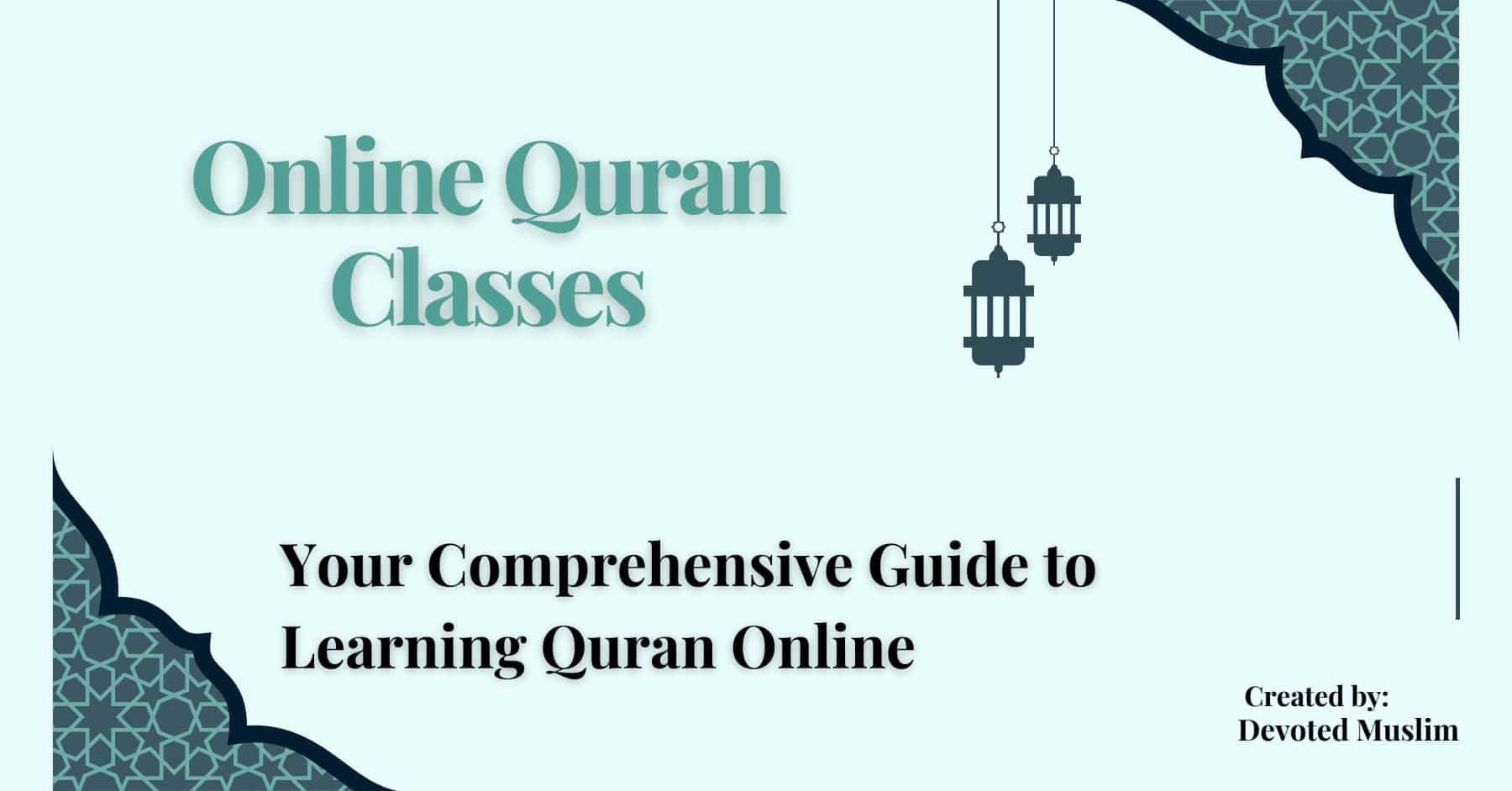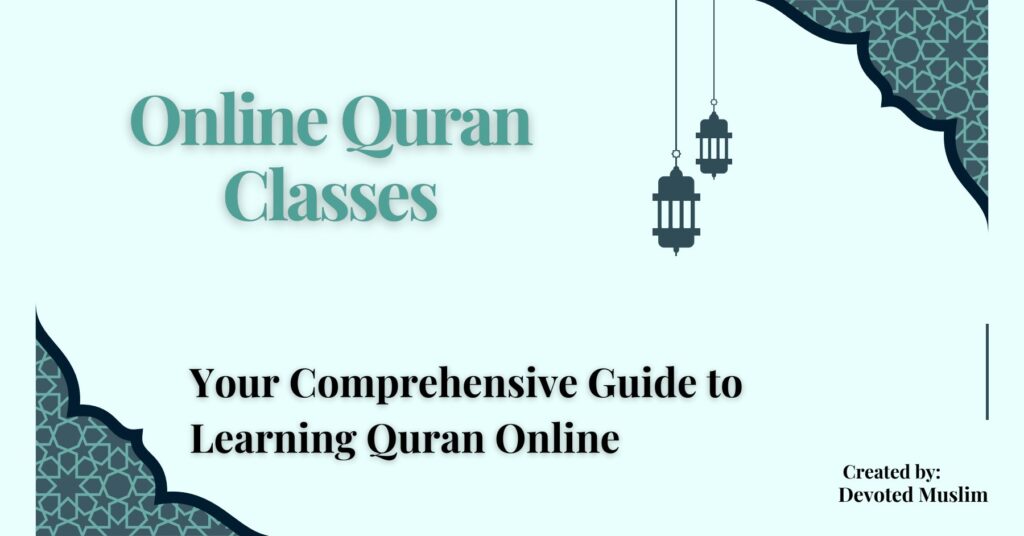Have you ever listened to a beautiful recitation of the Quran and felt your heart soften, your soul stir with awe, and your eyes well up with tears? That powerful feeling, that profound connection, often comes from a recitation that is not only heartfelt but also meticulously correct. The Quran is the literal Word of Allah (SWT), and as such, it deserves to be recited with the utmost care, precision, and respect.
But how do we, as non-native speakers of Arabic, achieve this beautiful and correct recitation? The key lies in mastering a unique and essential Islamic science: Tajweed.
Tajweed, in the simplest terms, is the science of reciting the Quran with the proper pronunciation of every letter, the correct application of all rules, and a measured, beautiful rhythm. It is the way the Prophet Muhammad (ﷺ) taught his companions to recite the Quran, and it is a legacy passed down through generations of scholars and teachers.
This comprehensive guide is designed to make the world of Tajweed accessible and understandable for everyone. In the following sections, we will answer your most pressing questions: What exactly is Tajweed? Why is it considered so important in Islam? And how can you begin your journey to a more beautiful and meaningful recitation?
Let’s start your journey to reconnect with the Quran on a deeper level.
What Exactly Is Tajweed? A Simple Definition
To truly appreciate the importance of Tajweed, we first need to understand what the word itself means.
Linguistically, the Arabic word Tajweed (تجويد) comes from the root jawwada, which literally means “to make something good,” “to improve,” or “to beautify.” In this sense, applying Tajweed is an act of beautifying your recitation of the Quran, ensuring that every letter, sound, and pause is rendered with perfection. It is a loving attention to detail, a reflection of the sacredness of the text we are reciting.
In the context of Islamic sciences, Tajweed is a precise and specialized discipline. It is the set of rules that governs how each letter of the Quran should be pronounced, including its correct articulation point (makhraj), its inherent characteristics (sifaat), and how it interacts with the letters around it. Think of it as the grammar and phonetics of Quranic recitation, ensuring that you say the words of Allah (SWT) in the exact way they were revealed to the Prophet Muhammad (ﷺ).
Reciting the Quran with Tajweed is not just an optional skill; it is considered a religious obligation (wajib). Allah (SWT) Himself commands us in the Quran:
“…and recite the Qur’an with a measured recitation (Tarteel).” (Surah Al-Muzzammil, 73:4)
Scholars of the Quran have explained that Tarteel is nothing but the application of Tajweed. It is a command not only to read the words but to give each one its due, to pronounce it with the beauty and correctness that it deserves. For a believer who can do so, failing to apply Tajweed can even be considered a sin, as it risks altering the very meaning of Allah’s Words. Therefore, learning and applying Tajweed is an act of obedience and a necessary step on the path to more perfect worship.
Why is Learning Tajweed So Important?
Learning Tajweed is far more than an academic exercise or a set of complex rules. It is an act of love and respect for the Quran and a key to unlocking its spiritual and linguistic depth. Here are the fundamental reasons why every Muslim must strive to learn it.
-
Preserving the Sacred Meaning
The Arabic language is incredibly precise, and the meaning of a word can be completely altered by the slightest mispronunciation. The Quran is the literal Word of Allah (SWT), and every letter, vowel, and sign has a purpose. Without Tajweed, it is easy to make a mistake that could change a word’s meaning—even unintentionally.
For example, pronouncing the letter Ha (ح) incorrectly as Haa (هـ) can change the meaning of a word. A grave mistake in reciting a command from Allah (SWT) could risk changing its intent. Tajweed serves as a protective shield, ensuring that we recite the words exactly as they were revealed, safeguarding their intended message.
-
Following the Sunnah of the Prophet Muhammad (ﷺ)
The Quran was not revealed to the Prophet Muhammad (ﷺ) as a silent text. It was recited by the Angel Jibril (AS) with perfect pronunciation and a beautiful melody. The Prophet (ﷺ) then dedicated his life to teaching his companions to recite the Quran in this same manner.
“He (the Prophet) would recite the Quran slowly and with a good voice (and with Tajweed).” (Sunan Abi Dawud)
Therefore, when you learn Tajweed, you are not just learning a set of rules; you are following the practice (Sunnah) of the Prophet (ﷺ) himself. You are connecting yourself to a golden chain of transmission that leads directly back to the very source of the revelation. It is an act of deep reverence and love for the best of creation.
-
Unlocking Greater Spiritual Rewards
Allah (SWT) promises immense rewards for those who recite the Quran. The reward is even greater for the one who masters its recitation. In a famous and authentic Hadith, the Prophet Muhammad (ﷺ) said:
“The one who recites the Quran proficiently will be with the noble and righteous scribes (the angels), and the one who recites it with difficulty, and stammers through it, will have a double reward.” (Sahih Muslim)
This Hadith beautifully highlights the importance of Tajweed. While the one who struggles with sincerity is promised a double reward for their effort, the one who recites with proficiency and skill is promised a higher status—to be in the company of the noble angels. This is a powerful motivation to strive for excellence in our recitation.
-
Cultivating a Deeper Connection with Allah (SWT)
Reciting with Tajweed forces you to slow down, focus on each word, and give it its due. This meticulous attention prevents your mind from wandering and helps you achieve khushu’ (humility and submission) in your prayer and personal recitation.
When you master the art of correct pronunciation and rhythm, your recitation transforms from a simple reading into a powerful, spiritual dialogue. The beautiful sound of the Quran, correctly recited, is a form of worship that softens the heart, calms the soul, and draws you closer to your Creator. It is a tangible way to beautify your worship and a source of immense inner peace.
Key Tajweed Rules for Beginners
While the world of Tajweed can seem intimidating at first glance, its rules are built on logical principles. You don’t need to be an expert to grasp the fundamentals. By focusing on a few key concepts, you can begin to transform your recitation almost immediately.
The Birthplace of Sounds: Makharij al-Huruf
Imagine each Arabic letter has a specific “birthplace.” This birthplace is its articulation point, or Makhraj. These points are precise locations in your throat, on your tongue, or on your lips, from which each letter must be pronounced.
For example, the letter Dad (ض) originates from the side of the tongue, while the letter Haa (ه) comes from the deepest part of the throat. Without knowing these points, you might pronounce two different letters in the same way, potentially altering the meaning of a word. A great Tajweed teacher will guide you on exactly where to place your tongue or lips to produce the correct sound for each letter.
The Attributes of Letters: Sifat al-Huruf
Once a letter is “born” from its Makhraj, it has unique attributes or Sifat. These are the characteristics that give each letter its distinct sound. Some letters are pronounced with a “heavy” or full-mouth sound (like Taa – ط), while others are “light” (like Taa – ت). Some letters are pronounced with a strong whisper, while others have a slight buzzing sound. These attributes are what make the Arabic language so rich and beautiful, and mastering them is a key part of Tajweed.
A Simple Rule to Master: The Rules of Meem Sakinah
One of the most common and simple Tajweed rules for beginners to learn involves the Meem Sakinah (مْ), which is a meem with a sukoon (a silent sign). There are only three simple rules to remember, depending on the letter that comes after it.
- Idhhar Shafawi (Clear Pronunciation): This is the default rule. When a Meem Sakinah is followed by any letter except ba (ب) or another meem (م), you simply pronounce the meem
- Example: `am-rihim (from Surah Al-Fath) – The meem is pronounced clearly.
- Ikhfa Shafawi (Hidden Pronunciation): This rule applies when a Meem Sakinah is followed by the letter ba (ب). You “hide” the sound of the meem by gently touching your lips together without a strong press, holding the sound for a couple of counts (ghunnah).
- Example: `ar-maahum bi-hijaarah (from Surah Al-Fil) – The meem sound is lightly hidden before the ba.
- Idgham Shafawi (Merging): This is a special case where a Meem Sakinah is followed by another meem. You merge the two meems, holding the sound for a couple of counts.
- Example: `Alayhim mu’sadah (from Surah Al-Humazah) – The first meem merges into the second.
As you can see, Tajweed is a logical system. While it may seem like a lot to take in at once, mastering one rule at a time is the best approach. Many excellent resources are available online, and simple charts or Tajweed rules PDFs can be a great visual aid to help you practice and remember these concepts.
The Role of an Online Tutor in Your Tajweed Journey
While books, videos, and charts are wonderful resources for learning the theoretical aspects of Tajweed, they can only take you so far. The most crucial part of mastering Quranic recitation is practice, and for that, you need a qualified teacher who can listen to you and correct you. This is where a dedicated online tutor becomes indispensable on your Tajweed journey.
Live, Instant Feedback
The single most significant advantage of an online tutor is the ability to receive real-time, live feedback. A book or a pre-recorded video can tell you what the rules are, but it can’t tell you if you are applying them correctly. A live teacher, however, can instantly pinpoint mistakes in your pronunciation, help you adjust the articulation point of a letter, or correct the duration of a sound. This immediate correction is the fastest and most effective way to internalize the rules and ensure you aren’t practicing errors.
Personalized Pace and Curriculum
Every student’s learning journey is unique. Some may grasp the rules of Makharij quickly but need more practice with the Sifaat. A general class or a book follows a fixed pace, but a one-on-one online tutor can tailor the lesson plan specifically to your needs. They can spend more time on areas where you are struggling and move ahead quickly on concepts you have already mastered, ensuring you are always learning efficiently and effectively.
A Supportive and Safe Environment
For many sisters, finding a comfortable and supportive environment to learn in is essential. An online Tajweed course for sisters can provide a perfect setting where you can learn from a qualified female instructor from the comfort and privacy of your own home. This specialized environment allows you to ask questions and practice your recitation without hesitation, fostering a sense of community and confidence.
The journey to a more beautiful and meaningful recitation of the Quran is a blessed one. While the path requires dedication, it doesn’t have to be walked alone. A good online tutor acts as a guide, providing a structured curriculum, personalized attention, and the live feedback necessary to help you perfect your recitation and strengthen your connection with the Book of Allah.
Conclusion: A Call to Action
Learning Tajweed is more than just memorizing rules; it’s a profound journey to connect with the Quran on a deeper level. By understanding the articulation points and characteristics of each letter, and even mastering a simple rule like the Meem Sakinah, you begin to recite the words of Allah as they were revealed. This practice not only purifies your recitation but also deepens your spiritual experience, allowing you to appreciate the beauty and eloquence of the Quran in a whole new way.
Your journey to beautiful recitation starts with a single step. We invite you to begin your path today by exploring our full guide to Online Quran Classes, where you can find the perfect course to start mastering the art of Tajweed. Take the first step towards a more beautiful and meaningful connection with the Holy Quran.



